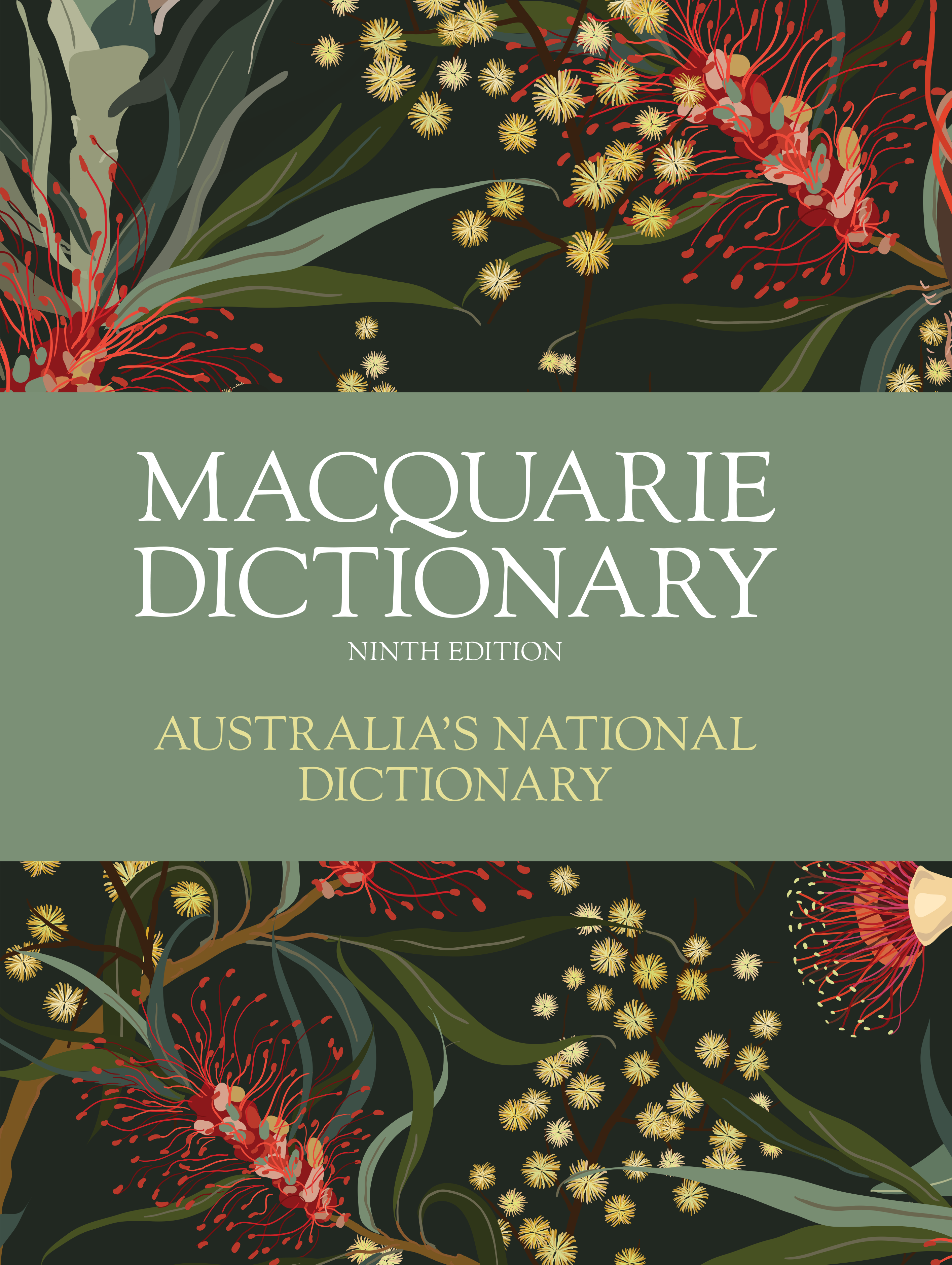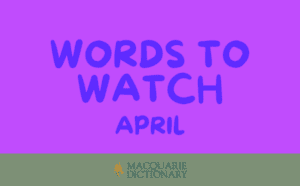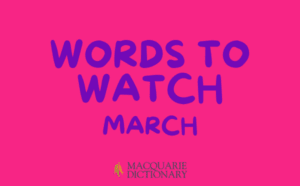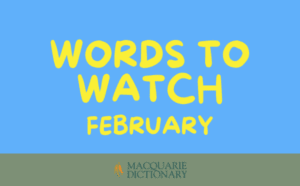When we sent the Eighth Edition of the Macquarie off to the printer, on 20 March 2020, it was our third day of working from home (WFH – entry added to the dictionary on 18 March 2020, the very day we started WFH). The Eighth Edition contained just a few COVID words (COVID-19, social distancing, WFH), which we had hurried to add when it became horribly clear that this was not to be a minor, transitory blip that would be forgotten in a flash.
Three years later sees the publication of the Macquarie’s Ninth Edition, and it includes a multitude of words and definitions related to COVID-19, as well as many changes to entries relating generally to epidemiology, vaccination, etc., as we all became unpleasantly conversant with these hitherto unfamiliar fields.
Many of the COVID-related words added to the Macquarie show our capacity for humour in the face of adversity and heartbreak. An early starter was the brain tickler for the uncomfortably invasive nasal swab used for PCR testing. We quickly started calling the disease the rona, or sometimes the boomer remover (which was less amusing to those of a certain age). In lockdown (locky d) and self-isolation (iso), we succumbed to goblin mode and wore pandemic pants, but kept things going with videoconferencing (hello, zoombombers!), quarantinis and, of course, WFH (if pandemic brain hadn’t taken hold).
Despite the linguistic landscape being dominated by COVID-19, there have been other sources of new material over the last few years. Social media and the internet have given us review bomb and brigading, doomscrolling, wokefishing and yassify. Unfortunately, climate change and the environment continue to provide new words and definitions – pyrocumulonimbus, black hail, last chance tourism and heat refuge. Politics has given us front-stab, coal hugger, Teal and strollout. Food, drink and fashion are always reliable sources – croffle, oodie, butter board, fakeaway and granny chic.
And, of course, everyone’s favourite, bachelor’s handbag.





